|
So you finally went vegan. You may have heard that a plant-based diet is a great way to lose weight and decided to give it a shot. But for some reason, it doesn't seem to be working. Even worse, you may even be gaining weight on this diet. What could be going wrong? First, it's important to clarify that veganism, though it does have a significant dietary component, is not a diet per se. It's a lifestyle based on an ethical choice not to consume animals or products that involve the abuse or killing of animals. While there are many health-conscious vegans, veganism itself isn't about removing meat from the diet for the sake of health. It's for the sake of animals' lives. Vegans don't just stop loving the meals that they grew up eating. They just don't want to harm animals to eat the foods they love. This is where vegan meat and dairy substitutes come in. So-called "fake" meats and cheeses allow vegans to eat familiar favorites like grilled cheese, cheeseburgers, and pizza, without harming animals in the process. But your priorities are different. It's not that you don't care about animals. You're just more focused on working on your health, which is also essential. But if you want to meet your goals, vegan meat and cheese substitutes may be doing you more harm than good. Here are the different ways your favorite vegan substitutes may be sabotaging your weight loss: Too Much Saturated FatThe problem with many vegan substitutes is that they often contain high saturated fat. But without it, vegan meats and cheeses wouldn't taste anything like the real thing. It's a cruel fact of life that the very things that make foods taste irresistibly delectable are the same things that make us unhealthy. Researchers compared people who ate baked goods made with saturated fat to those who ate baked goods with unsaturated fats. The saturated fat group not only gained more fat, but they also gained more visceral fat. [1] Unlike subcutaneous fat, which sits just below the skin, visceral fat accumulates in the liver and other internal organs. Visceral fat is a dangerous fat that produces inflammatory compounds linked to various diseases. Unsaturated fats are more accessible for the body to break down and use for fuel, while saturated fat is more likely to be stored. By regularly eating vegan meat and dairy substitutes, you may be overeating the kind of fat that is more likely to be stored in your body as fat. Even worse, saturated fat can contribute to plaque build-up in your arteries, putting you at risk for heart disease. Too Much SodiumWater retention can really mess with your head when you're trying to lose weight. You're confident that you're putting in the work, you're getting all your workouts in, and you're eating differently, but you're unsatisfied. It doesn't seem like things are changing when you know they should be. Maybe the problem is too much sodium. Sodium attracts water - this is true both outside and inside our bodies. When we overeat sodium, water follows salt into our cells, causing them to expand. So while you may be losing fat, it may not be evident because you're holding on to water weight. Research has also found that people with high-salt diets tend to drink less water than those with low-salt diets. They also tend to feel hungrier, which causes them to eat more food than they need. When they attempt to quench their thirst, they're more likely to go with calorie-laden beverages such as soda. While researchers have yet to pinpoint the mechanisms behind why excess sodium links to obesity, various studies have found the connection. Water retention may give the illusion of weight gain, but excess salt consumption can contribute to actual weight gain. Unfortunately, vegan meats and cheeses are often extremely high in sodium to make them taste like the real deal. Not only does this excess sodium contribute to water retention and overeating, but it raises blood pressure as well. A successful weight loss plan would keep sodium under the recommended daily value of 2300 milligrams.
Too Much, Too OftenBe honest: are you measuring out and sticking to one serving? Let's be real; replicating some of the most popular and familiar American meals requires multiple servings of meat or dairy substitutes. Take, for example, grilled cheese. Most people are layering upwards of three or four slices of cheese. And what's a grilled cheese without that delicious buttery toastiness? It wouldn't be the same without a hearty smear of vegan butter. Maybe you're making sandwiches with vegan mayo and multiple slices of vegan meat and cheese. Or perhaps you're eating a lot of salads, but you're piling on vegan "chik'un", vegan cheese shreds, and vegan dressing. All of these meals use multiple servings of vegan substitutes. Using these products together means piling on unproductive amounts of the ingredients that cause weight gain. These things add up, and they add up fast. Before you know it, you've eaten more than your recommended daily value of both saturated fat and sodium. You've probably eaten more calories than your body needs, as well. Doing this multiple times per week is a sure-fire way to stall your weight loss.
Whether you choose to remove vegan substitutes from your diet altogether is really up to you. But if losing weight and improving your overall health is your main priority, you'll want to drastically reduce or remove processed foods from your diet altogether. If you enjoy these products and don't want to remove them completely, try to incorporate them in healthier ways that won't put your weight loss and health at risk. Having them as a weekend treat is much better than eating them every day. Prioritizing whole-plant foods can help to reduce calories, saturated fat, and sodium while boosting your nutrient intake. They're also more filling and can be just as tasty and fun to make. Give it a shot! References
[1] Greger, Michael. How Not to Diet (p. 160). Flatiron Books. Kindle Edition.
0 Comments
Leave a Reply. |
AuthorNiv Mullings is a Plant-Based Personal Trainer and Weight Loss Specialist from the Bronx, New York, currently residing in Jacksonville, Florida. After years of struggling with obesity, anxiety, depression, painful menstruation, and other chronic health complaints, Niv changed her life for the better through fitness and a healthy plant-based diet. Now she helps others to do the same. Archives
December 2022
Categories
All
|
|
COPYRIGHT © NIV MULLINGS 2021
|
Proudly powered by Weebly
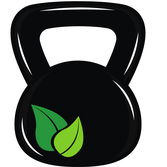
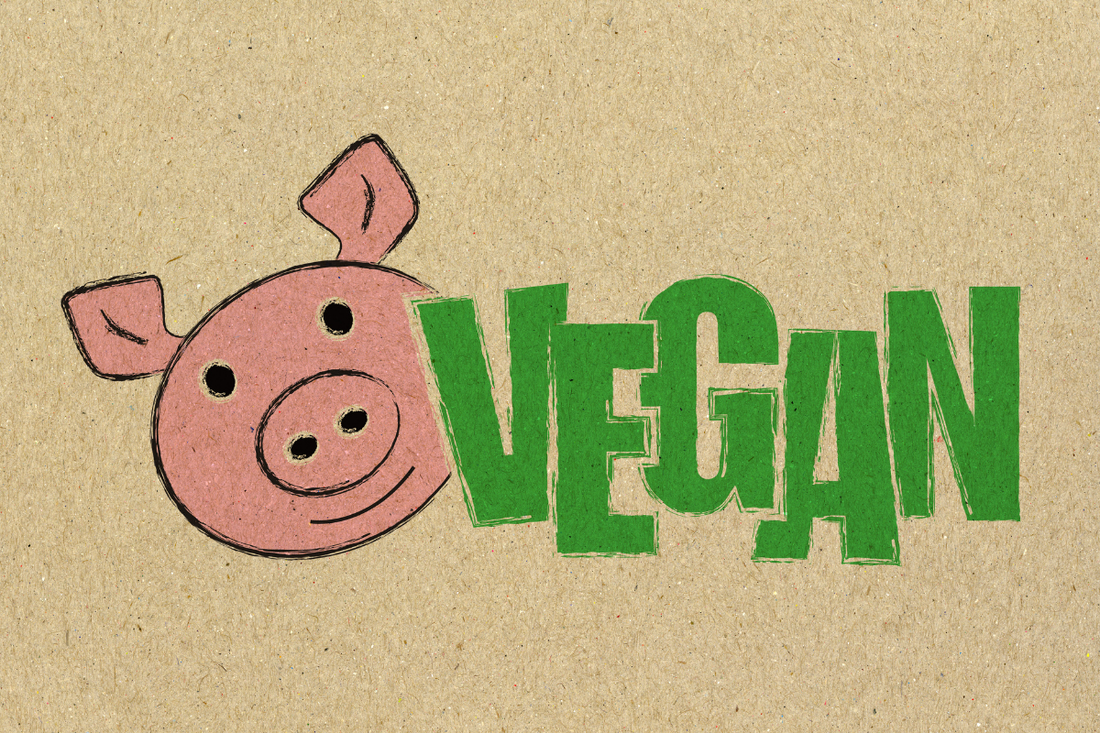
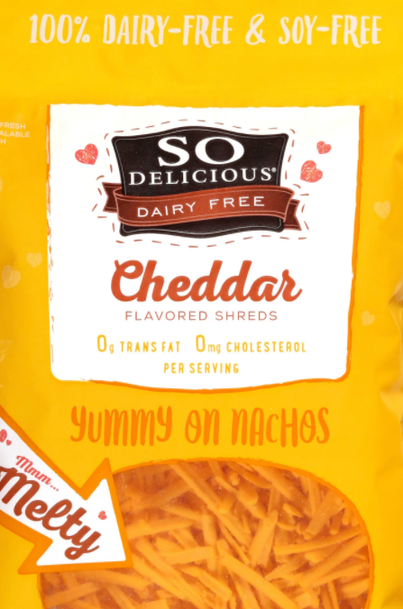
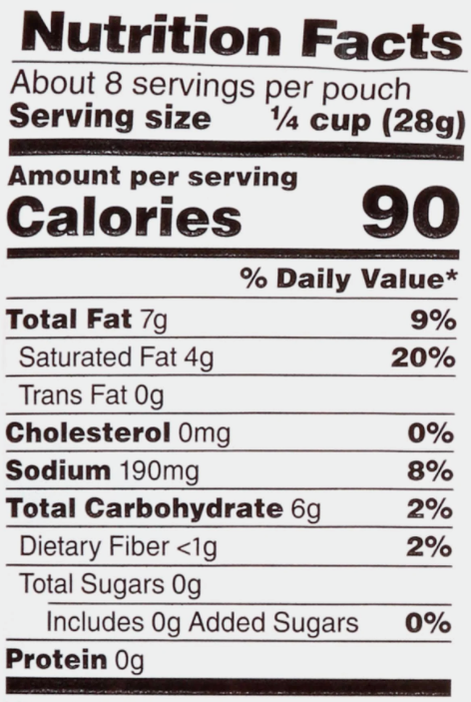

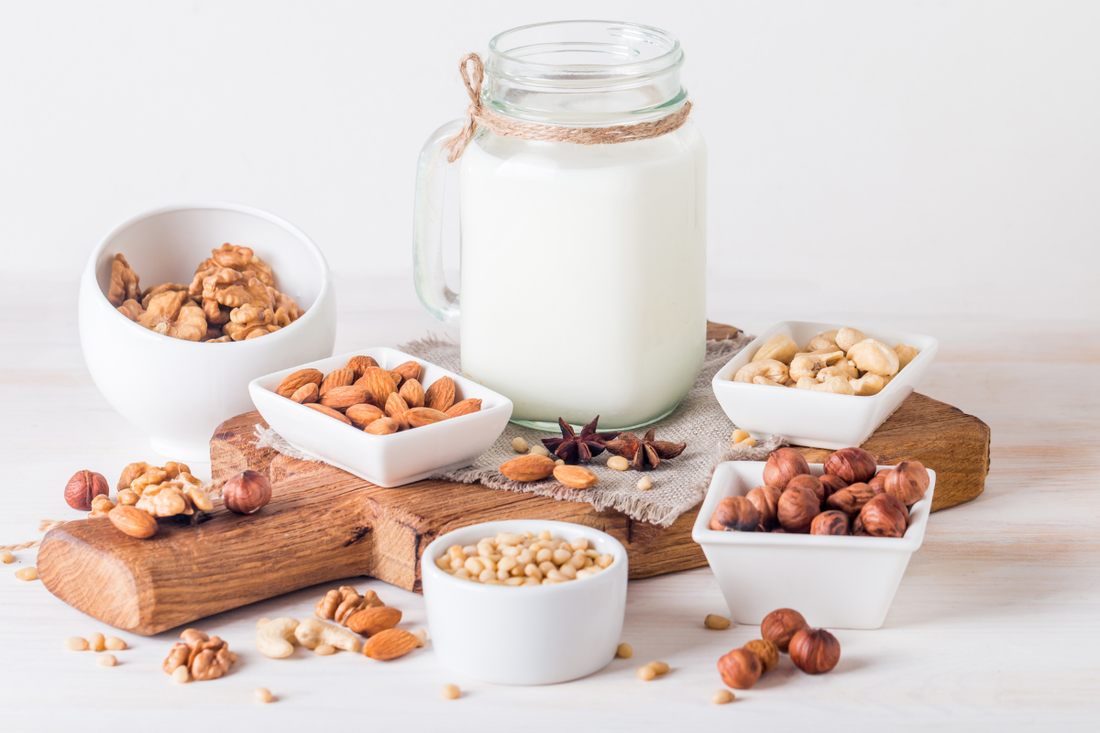
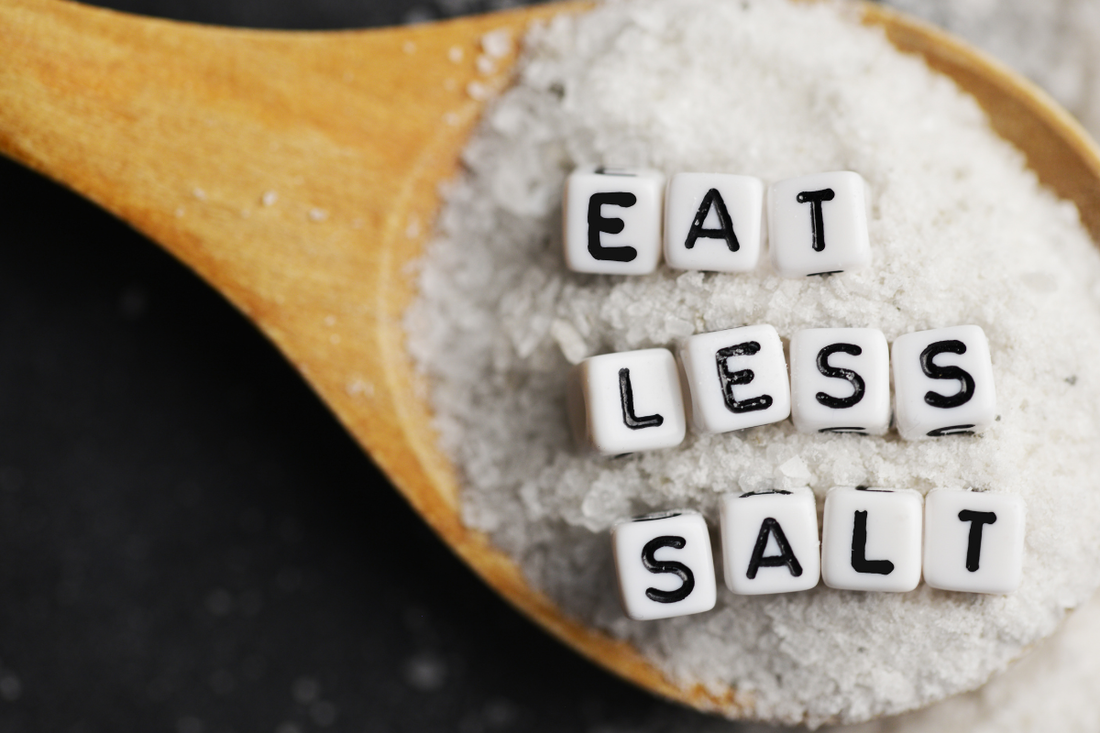
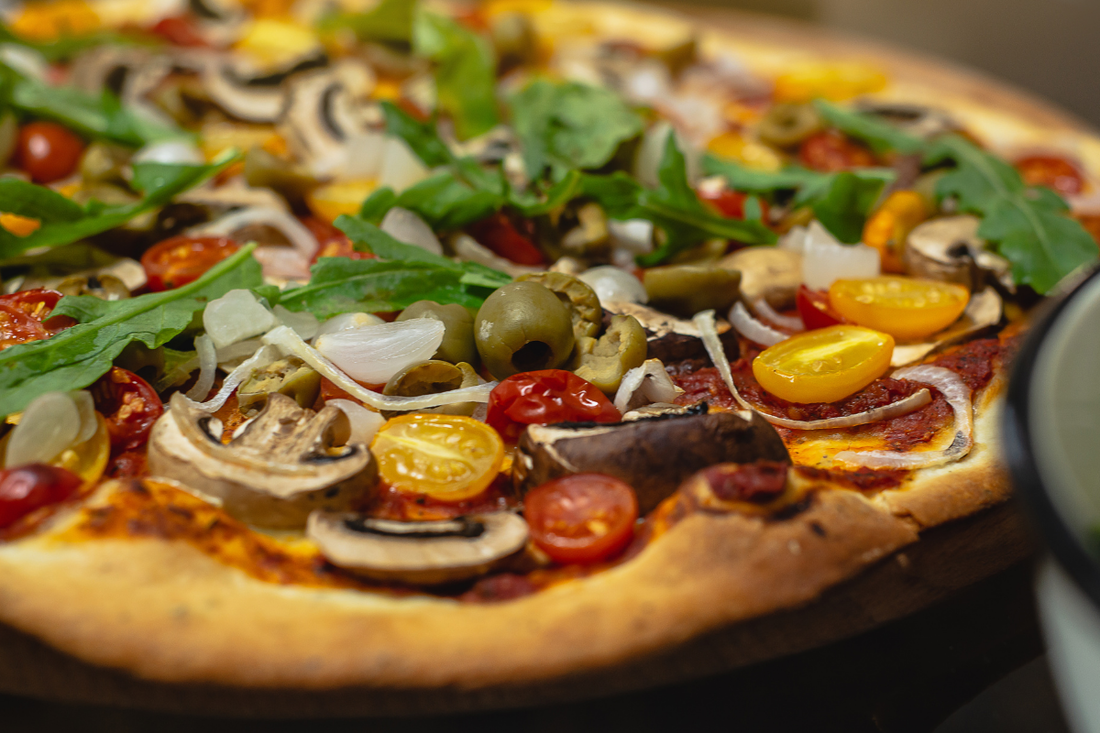
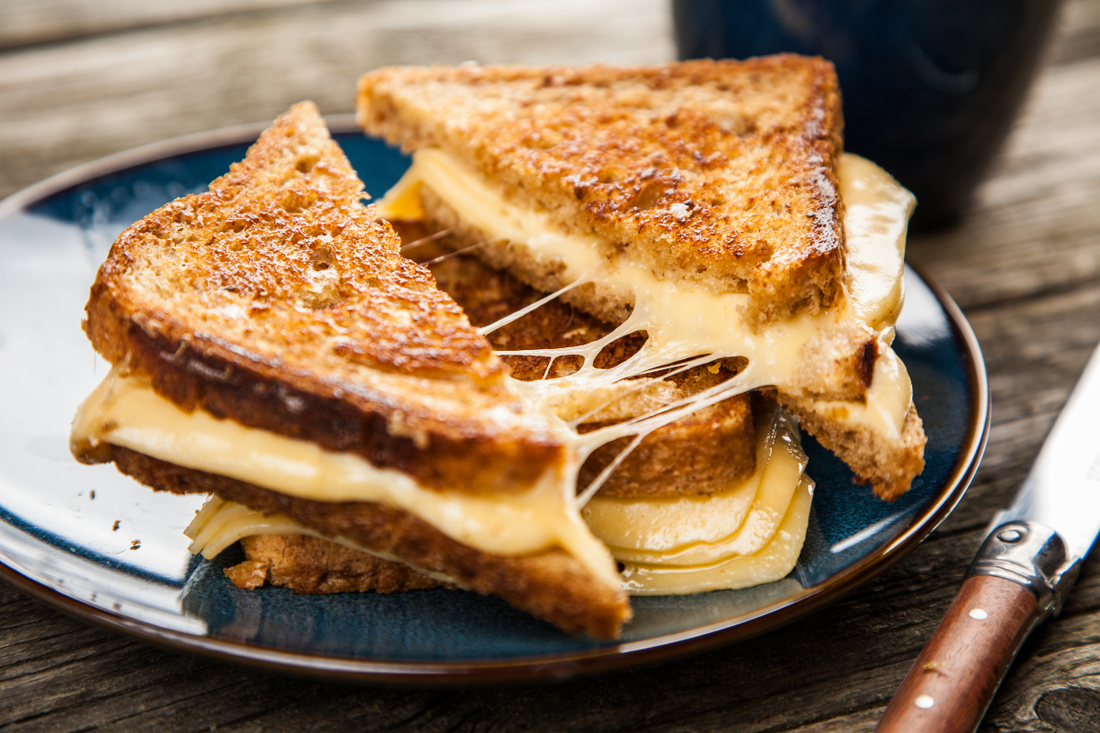
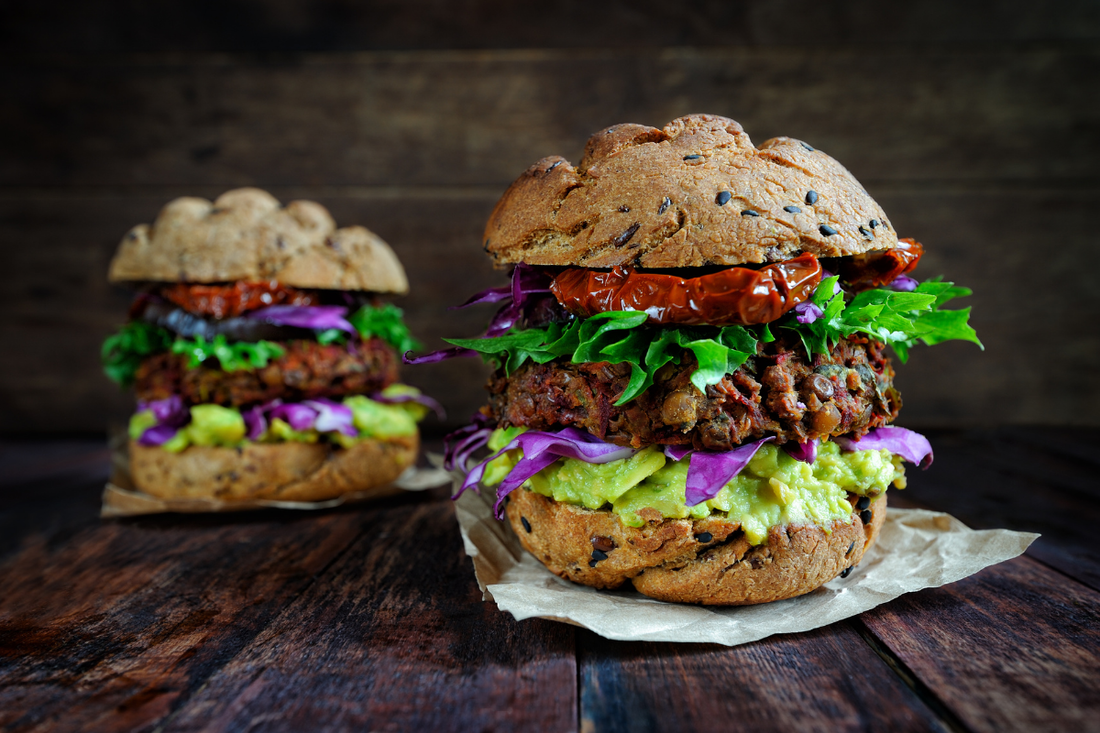
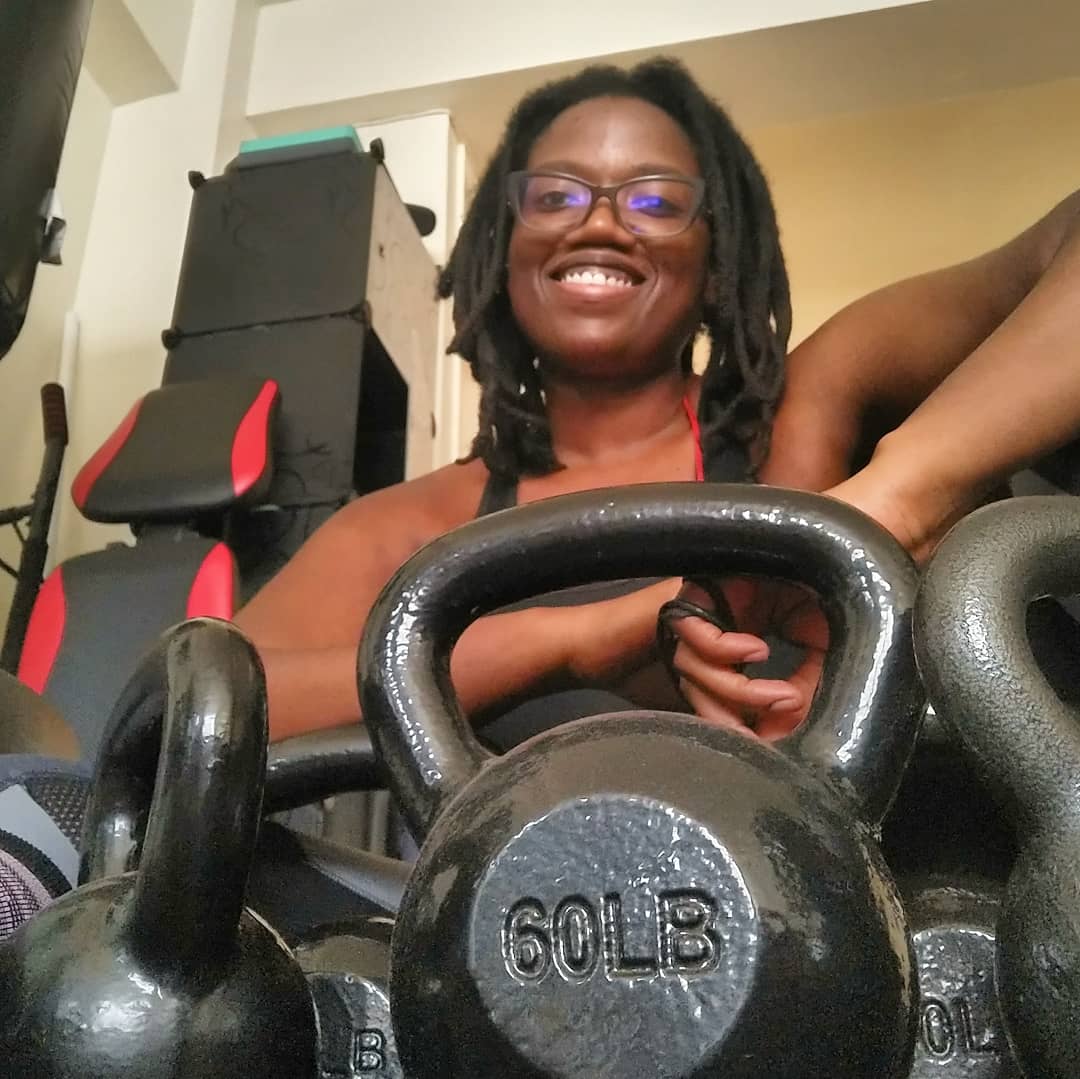
 RSS Feed
RSS Feed
